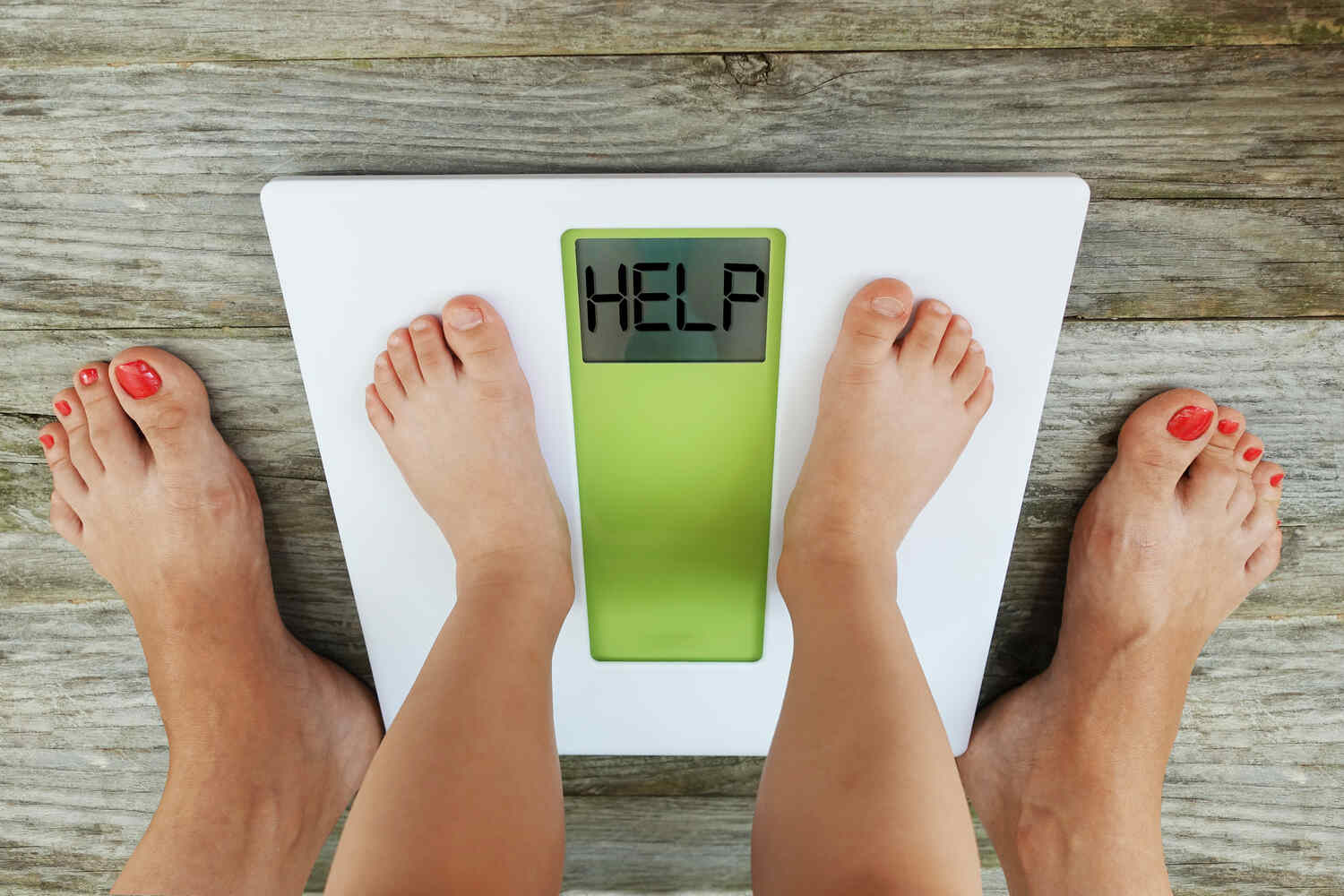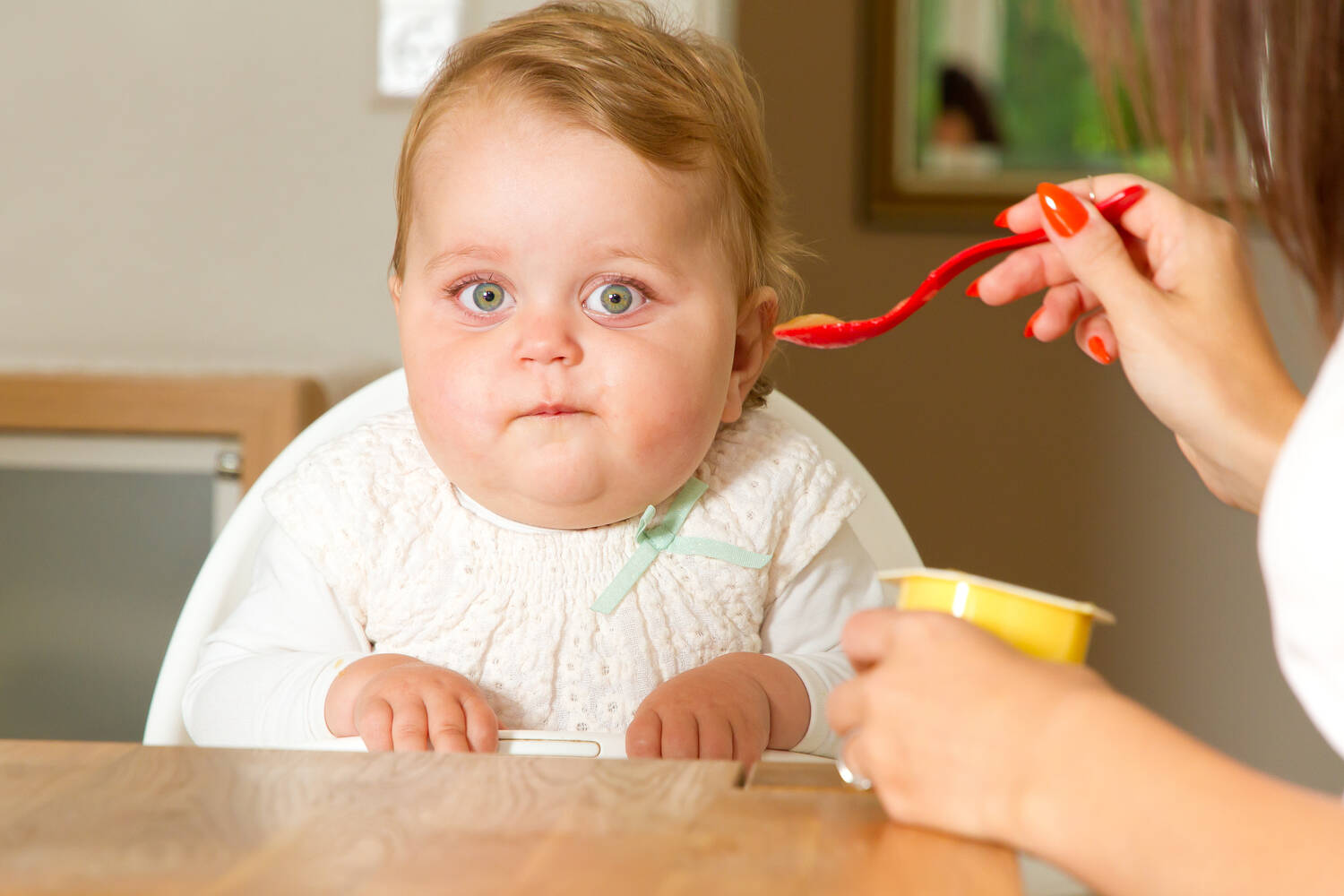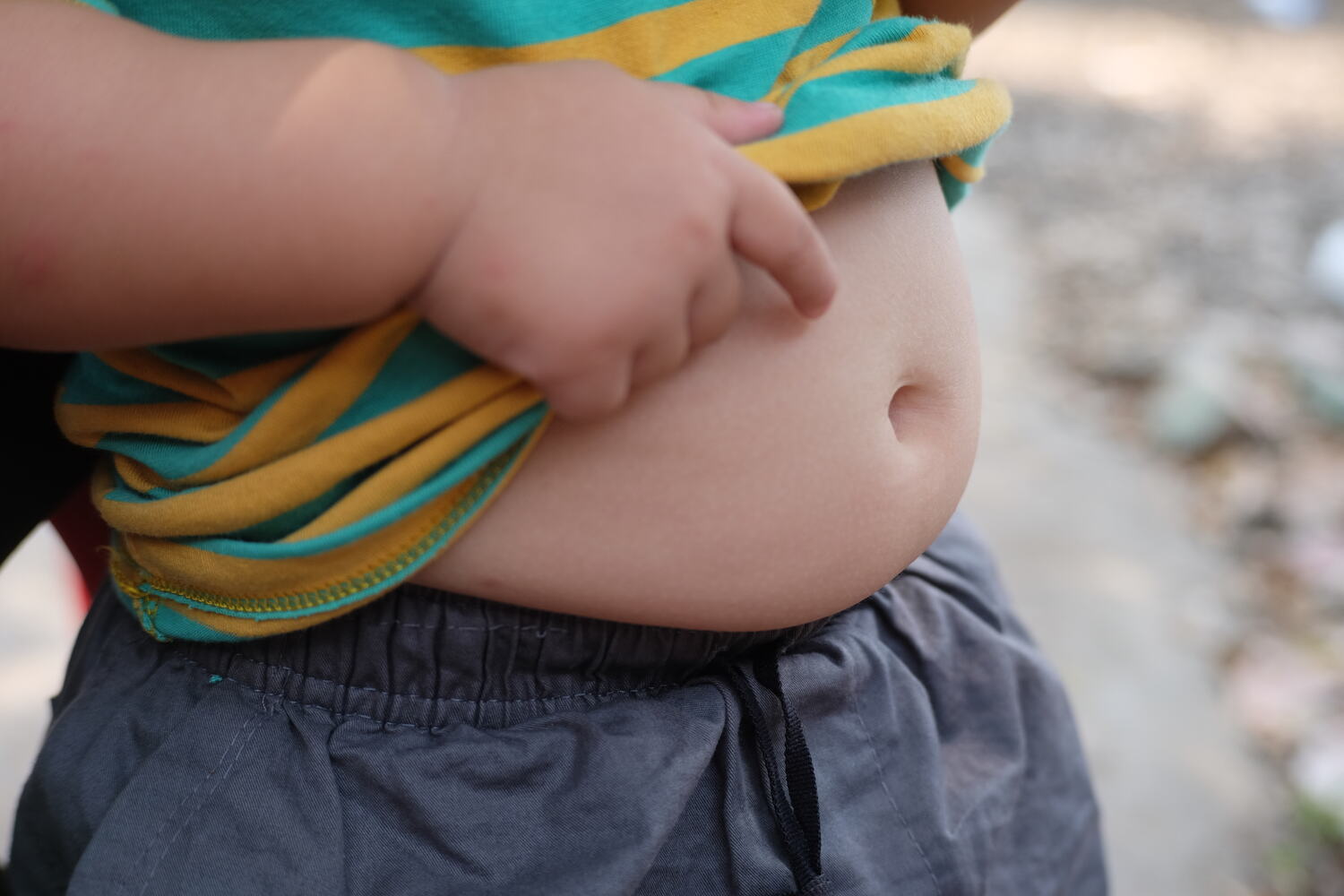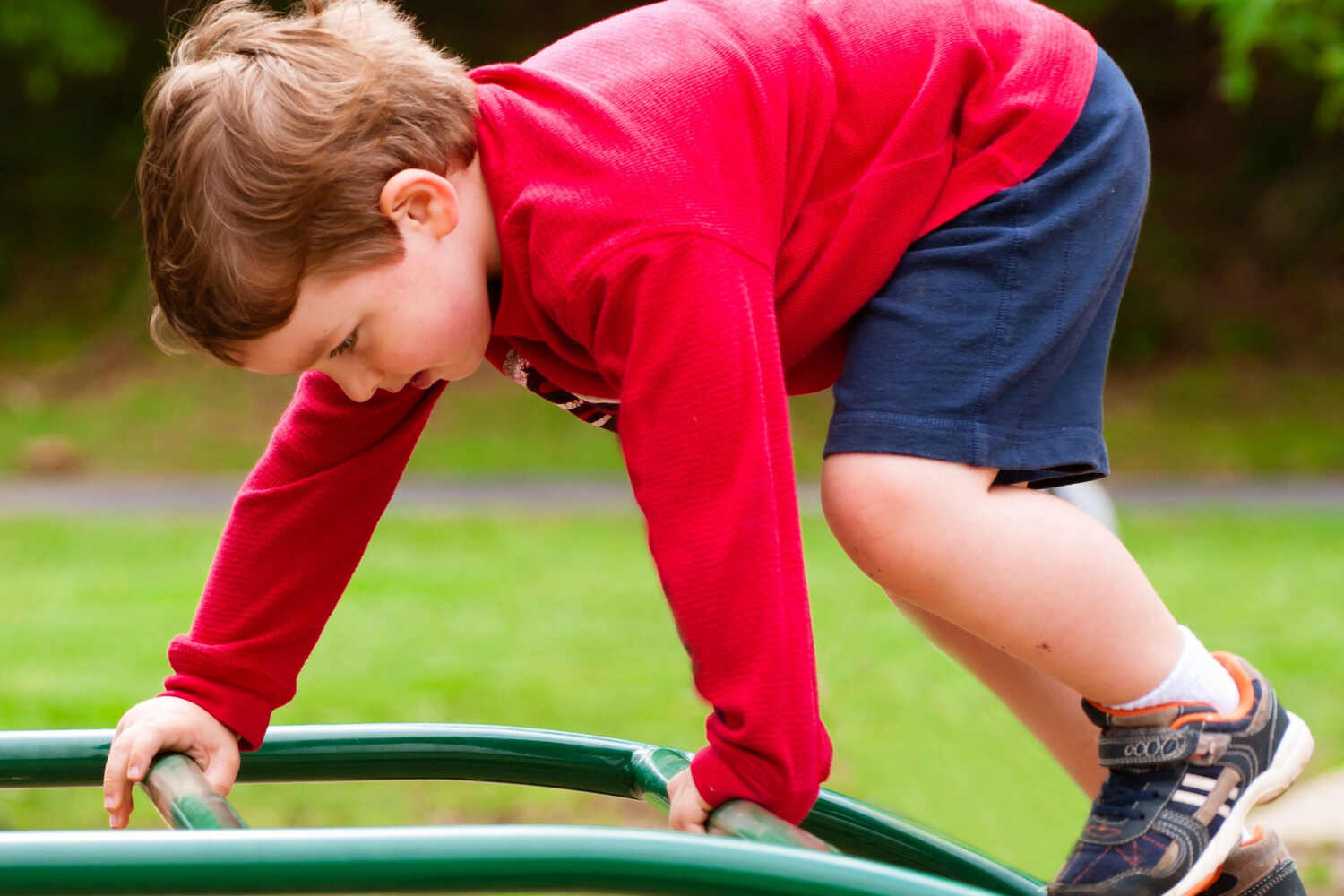
Obesity does not affect just adults, it affects kids too. Obesity in toddlers is a health issue on the rise. Childhood obesity is fast becoming an epidemic in both developed and developing countries. In fact in 2020, 39 million children under the age of 5 were overweight or obese (1). With changing lifestyles and food choices, many toddlers are gaining too much weight too fast and are becoming obese.
When we look at a kid, we first notice how cute they are. For most people, this cuteness is directly proportional to how chubby they are, or how big their cheeks are. A chubby toddler can look cute but what if they are overweight? Chubby or obese, where do we draw the line? Come, let’s find out more about obesity in toddlers in this article.
In This Article
- What is Toddler Obesity?
- How to Know if Your Toddler is Overweight?
- What Can You Do if Your Toddler is Overweight?
- Top 5 Tips For Toddlers to Stay Healthy
- Are There Any Side Effects to Toddlers Being Obese?
- FAQ’s
What is Toddler Obesity?

Obesity is a medical condition that causes one to gain too much weight too quickly. Excess fat accumulation in the body leads to weight gain and various other health issues. Earlier, obesity in kids was a concern only in the developed countries. Today, with various lifestyle changes, kids in developing countries are also becoming obese.
Majority of the obese kids belong to developing nations. It is more prevalent among the urban population of the developing nations. According to WHO, the rate of increase in the number of obese kids in developing countries is more than 30% (2).
How to Know if Your Toddler is Overweight?

If your toddler exhibits any of the following signs, it could be more than just a cute and chubby face- Their BMI (Body Mass Index) is above the 95th percentile for children of the same age and sex.
- Your toddler seems to be much bigger than their peers
- Your toddler’s clothes sizes don’t match the age on the tag, or they seem to go up in size very quickly
- They are physically less active than before. They don’t move much even when playing with other children
- Their pediatrician expresses concern over the weight gain during your regular visits
What Can You Do if Your Toddler is Overweight?

If your toddler is overweight, you need to consult your pediatrician and a good nutritionist. They, together can help you to find the right diet for your toddler. In general, you can do the following to manage your toddler’s weight-
- Avoid junk and processed foods. They contain a lot of salt and other additives, which add no nutritional value and only increase the child’s weight (3a)
- Enroll them in sports classes. Not only will they move around and physically exert themselves (3b), but they will develop a skill too
- Talk to a nutritionist and come up with a diet plan that is feasible for both you and your toddler
- Reduce their meal portions. Instead of giving them adult-sized portions, give them multiple small portions in a day (4c)
- Include at least one portion of fresh vegetables or fruits in every meal
- Stop focusing on their weight and focus on good health. Also, intervene when others talk about your toddler’s weight or size. These comments can lead to body image issues and affect your kid’s confidence
- Check for other medical conditions that could cause weight gain. Address them first and then move on to address the weight issue
- Some medicines can cause weight gain in toddlers. If your toddler is on such medications, talk to their doctor to find alternate options that can take care of both the health concern as well as the weight gain
Top 5 Tips For Toddlers to Stay Healthy
Following a healthy lifestyle from a young age offers many benefits as one grows up. Here are 5 tips to help your toddler stay healthy –
1. Physical Activity

Physical activity is a must for a toddler’s healthy development. Toddlers have a lot of energy and love physical play. Let your little one play outdoors, run or jump around, and just explore their physical limits. Regular physical activity can aid in better development and reduce the risk of obesity. Playing or exercising as a family will encourage toddlers to move more.
2. Nutritious Diet

Include fresh fruits, vegetables, nuts, and other nutritious foods in your toddler’s diet. A healthy balanced diet with sufficient nutrients and fiber will help the body digest the food and absorb the nutrients better. Reducing the consumption of junk and processed foods can help prevent obesity in toddlers. Model a good diet as a family. Toddlers tend to eat what everyone around them eats.
3. Set a Routine

Toddlers have all the time in the world. They don’t understand the concept of time. While it can be easy to just go with their flow – let them eat, sleep, or play when they want, a routine is important. Waking up, eating, and going to bed around the same time every day will help toddlers sleep and eat better. Their bodies and metabolism will function better, thus reducing the risk of obesity.
4. Reduce Screen Time

For many households, screen time can be the easiest and the most effective way to occupy energetic toddlers. However, in the long run, screen time will gradually increase and physical activities will decrease. Sitting for long hours rather than moving around is a major cause of obesity. Screen time can also lead to poor concentration, lack of focus, and low-quality sleep, all of which can lead to poor performance. If you have to give them screen time, try videos with physical activities in them.
5. Address Medical Issues
Toddlers tend to fall sick often due to their immune system that is still developing. Never ignore any medical issue and always consult a doctor before you give them any medicines. Certain illnesses can have a lasting effect on the toddler’s health if you don’t attend to them in time. Recurrent illnesses, no matter how small they are, can affect a toddler’s growth and immunity. As a result, it can be difficult to lead a healthy life.
Are There Any Side Effects to Toddlers Being Obese?

Obesity affects kids just like it affects adults. Some of the side effects of obesity in toddlers are-
- A high risk of them growing into obese adults
- Medical conditions like asthma, diabetes, heart disease, liver issues, problems with reproductivity, and even cancer
- As toddlers become aware of their obesity, it can lead to depression, anxiety, and low self-esteem, which in turn can affect their performance in school
If your toddler is on the chubbier side, it is natural to wonder if they are obese. Especially when numerous people mention your toddler’s weight or size in comparison to their kids. Sometimes it can be overweight and sometimes, it can just be weight proportionate to the toddler’s birth weight. Discuss your concerns with their pediatrician rather than trying to fix their diet or trying to reduce their weight.
FAQ’s
1. At What Age Can a Child be Obese?
Obesity can affect children as young as 2-years-old. It is more noticeable in children around the age of 5 or 6 years as they are constantly growing and changing in the first few years of their lives.
2. Does Childhood Obesity go Away?
Following a healthy lifestyle can help control and sometimes even outgrow obesity in toddlers. However, many kids continue to have it even when they become adults. The only way to control childhood obesity is by maintaining a healthy lifestyle and maintaining the BMI as the kid grows.
References
- Obesity and overweight – [https://www.who.int/news-room/fact-sheets/detail/obesity-and-overweight]
- Obesity – [https://www.who.int/health-topics/obesity]
- Childhood obesity: causes and consequences – [https://www.ncbi.nlm.nih.gov/pmc/articles/PMC4408699/]
